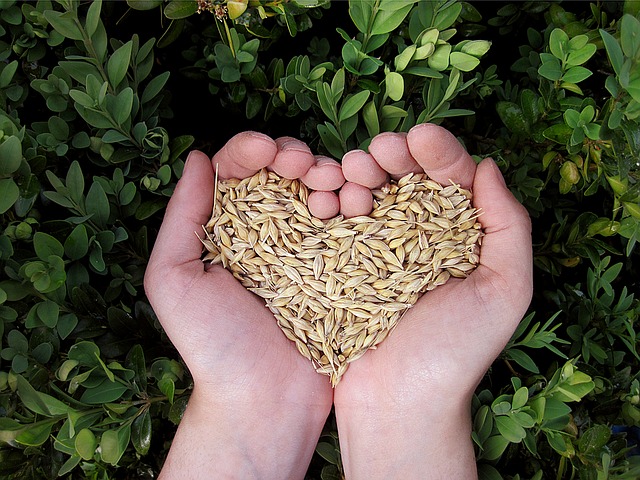
The face of travel health has changed exponentially in the face of the current pandemic. While traditional medicine is still utilized as a treatment for travel-related concerns, recent times have seen holistic and integrative preventative measures and treatments become increasingly popular. This shift in focus has been noted both among conventional health care practitioners as well as the general public. Greater value is also being assigned to a healthy immune system as travel health becomes more prevention-based. While the body typically does a good job of keeping your immune system functioning well, the added stress associated with travel can put added pressure on it. Thankfully, there are a number of whole health solutions that can help a modern-day traveler remain healthy while journeying across the globe.
Optimal nutrition is vital
Many travelers fail to follow a healthy diet while traveling which leaves them at an increased risk of illness and injury. The longer a trip is, the greater the impact of a diet lacking in vital nutrients will be. Apart from affecting your immune system, a diet that lacks vitamins and minerals can also lead to lethargy, sporadic blood glucose levels, and compromised sleeping patterns.
Apart from following a diet that comprises of lean protein, ample amounts of fruit and vegetables, whole grains, and healthy fats, travelers can also benefit from quality vitamin and mineral supplements. A good multivitamin can provide the body with a much-needed nutritional boost when it is increasingly difficult to follow a nutrient-dense diet. Travelers also need to steer clear of contaminated food and water at all costs to prevent traveler’s diarrhea from setting in. Stick to drinking bottled water and avoid buying food from outlets that appear to be less than hygienic.
Make an effort to exercise
Alongside nutrition and sleep, exercise is seen as one of the pillars of integrative medicine. Physical activity is essential for travelers as it helps to reduce inflammation and regenerate your immune cells. It is also of immense benefit to long-haul travelers who are at a greater risk of contracting deep vein thrombosis (DVT). The World Health Organization recommends that a healthy adult engages in at least 75 minutes of rigorous activity or 150 minutes of moderate-intensity exercise a week. Moving around during a long flight will help keep DVT at bay while partaking in a physical activity you enjoy, such as walking, cycling, or swimming, will give both your immune system and energy levels a very welcome boost.
Sleep and immunity are closely related
Many individuals battle to get sufficient sound sleep while traveling – to the great detriment to their immune systems. Poor quality sleep and inadequate sleep have both been linked to an increased risk of illness. When traveling, extra effort may be required to ensure that you get the recommended 7 to 8 hours of sleep a night. Apart from boosting your natural immunity, sufficient sleep can also help your immune system fight off illness when you do get sick. If you are unable to get enough sound sleep at night due to your travel schedule, try to have one or two shorter naps during the day. Investing in a quality sleep mask can be especially beneficial if you struggle to sleep on planes or in new surroundings that may be more brightly lit than to what you are generally accustomed to.
The face of travel health has changed exponentially in recent times. A whole health approach to a healthy immune system is not only beneficial to travelers but to anyone wanting to lead an increasingly healthy life.
Join the conversation. If you enjoyed this article, be sure to follow NIWH on Facebook and Twitter for regular updates filled with useful whole health information for holistic nurses and health advocates.



